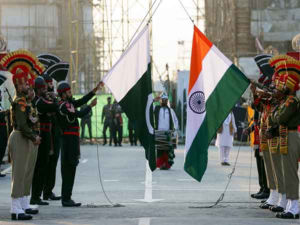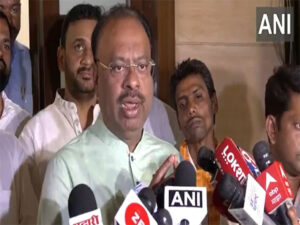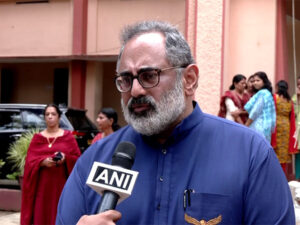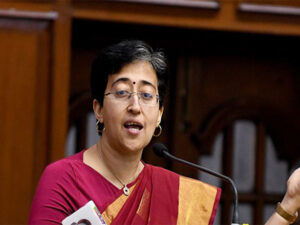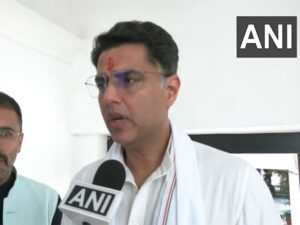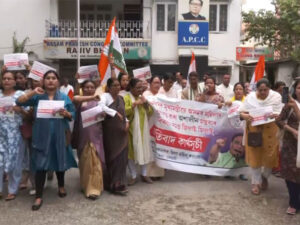Bill to remove ambiguity, redundancy in Aircraft Act 1934 passed in Lok Sabha
New Delhi [India], August 9 (ANI): Lok Sabha on Friday passed the Bharatiya Vayuyan Vidheyak, 2024, through a voice vote, after discussion and a reply from Civil Aviation Minister Rammohan Naidu.
The Bill provides for regulation and control of the design, manufacture, maintenance, possession, use, operation, sale, export, and import of aircraft and for matters connected therewith.
The new aviation Bill would open new areas of air travel, the minister said during the reply. He said the ministry is looking at the design of seaplanes and helicopters, and the Bill would help us do that.
While introducing the Bill in Parliament on Thursday, the Minister said, theAircraft Act was brought in 1934 and a lot of amendments have been made over the years. He said previously the amendments were incorporated into the Act several times.
He said these amendments created a lot of ambiguity and contradictions in terms of the functioning of internal organizations like the Directorate General of Civil Aviation (DGCA) and Bureau of Civil Aviation Security (BCAS). He said The Bharatiya Vayuyan Vidheyak has been brought to clear the confusion.
The Bill will help reduce redundancy, the minister said. Also, he said it provided for proper definitions for design, maintenance, and manufacture.
“The 1934 Act which was there, it was amended 21 times. And it was amended in such a way that whenever some new SARP (Standards And Recommended Practices) was coming in, we were just attaching it to the old bill. There was no proper structure,” he said.
During the 41-minute reply, the minister also touched upon the overall civil aviation sector.
He said under Prime Minister Narendra Modi, the number of airports doubled from 74 in 2014 to 157 airports. Passenger growth in the country during the period grew from 60 million passengers to 153 million. International passengers, he said, rose from 43 million to 66.7 million.
“It’s like any travel industry which took a big hit during the COVID time, aviation also took a big hit. Even though it took a big hit, within three years, it stood back on its feet. It not only crossed the pre-COVID numbers, but we are at an all-time high in passenger growth in the country, and today we stand as the third largest aviation economy in the whole world,” he told the Lok Sabha.
He also spoke about the matter of rising airfare, which was raised by many parliamentarians. He said there are lot of dynamic factors which get included in deciding the fare and the government has no role in this de-regulated space.
“Some important airlines like Jet Airways and other Deccan Airways and some important airways which were very optimistic in the area of civil aviation, they’ve all exited the aviation market,” he said, hinting that shortage of planes has added to the airfare pressure.
“We are thinking of setting up an online mechanism to take in grievances from not just the MPs, from also the public. And we’ll put up a team in the Ministry which is going to specifically look about these issues where they feel undue advantage has been taken or unnecessarily some unreasonable hike has happened in airfares.”
Earlier in July, in the Parliament, the minister attended to many questions related to the exorbitant rise in airfares, delays in flights, and aviation-related infrastructure in the country.
He took note of the questions raised by several parliamentarians on the high airfare, reiterating that his commitment as a minister is to make airfares affordable.
Setting airfare is a market-driven process.
He also apprised the parliament about the aircraft that are currently grounded due to engine issues, which he said caused an additional burden to the overall fleet.

